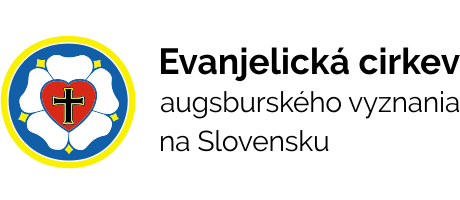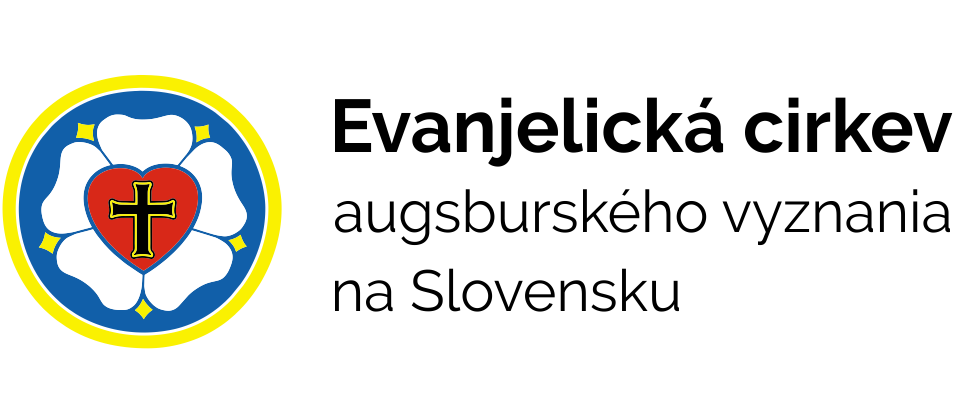From the 10th to the 13th of June, 2010, the annual conference of the The European Lutheran Commission on the Church and the Jewish People (Lutherische Europäische Komission Kirche und Judentum, LEKKJ) took place in Budapest. Professor Juraj Bándy represented the Evangelical Church of the A.C. in Slovakia at the conference.
The majority of the European member churches of the Lutheran World Federation are represented in the LEKKJ. The theme of the conference was Anti-Semitism in Central and Eastern Europe after the fall of the Iron Curtain. The preparatory commission deemed the discussion on this topic necessary and relevant, because it is obvious that the renewal of democracy in Central and Eastern Europe did not end anti – Semitism automatically. In the Hungarian context, this topic was not met with much approval because the political powers that had recently been strengthened in Hungary are more or less openly anti-Semitic. These very issues were also the focus of the two main lectures that were presented at the conference.
Ágoston Schmelowszky, a psychologist, lectured on the topic of “Psychological and historical background of the right-wing radical movements in Hungary and in Eastern Europe in the 20th century.” He pointed out that it was during the period of crises that radicalism gained popularity because it offers simple, straightforward, and appealing solutions for the complicated social problems.
Regina Fritz, a historian who is of Hungarian origin but currently living in Vienna, presented on the topic of “Remembering the Holocaust and anti – Semitism in Hungary after the year 1945.” Through many examples as part of her lecture she explained why at the time of dictatorship after the year 1945 it was not possible to reconcile the crimes that were committed by the pre-war dictatorship in Hungary.
As part of the conference, the individual member countries also contributed with their reports. Within the context of the theme of the conference, this year the contributors received questions to assist them in their research ahead of time in order to be able to report on the situation in their respective countries. The questions were related to the following: what the reasons of anti – Semitism are in post – Communism, if there is a connection between nationalism and anti – Semitism, if there is a connection between the events in the Near East and so-called new anti- Semitism in Europe, whether or not anti – Semitism also has any religious components and what the churches are doing in the struggle against anti - Semitism.
Professor Juraj Bándy in his report on Slovakia relied on the research made by the Institute of Public Affairs from 2004, according to which anti – Semitism is less prevalent in Slovakia than in Poland and Austria, and it is comparable to that of Hungary and more common than in the Czech Republic. He mentioned the fact that according to a poll, 49,7 percent of the people put down the transports of the Jews to concentration camps as the most negative event in our history in the 20th of century (August 1968 placed second), and only 1,1 percent claimed that there was no Holocaust.
At the conference, the LEKKJ approved two documents. The first document is addressed to the Christians in Hungary. It warns of rising right-wing extremism in their country, and it presents them with a challenge to be active in fighting against prejudice and signs of intolerance. The second document relates to the Palestinian Christians as it challenges the Jews as well as Christians to support the projects which offer political solutions based on mutual respect and absence of violence.
Juraj Bándy | 16.7.2010
Ágoston Schmelowszky, a psychologist, lectured on the topic of “Psychological and historical background of the right-wing radical movements in Hungary and in Eastern Europe in the 20th century.” He pointed out that it was during the period of crises that radicalism gained popularity because it offers simple, straightforward, and appealing solutions for the complicated social problems.
Regina Fritz, a historian who is of Hungarian origin but currently living in Vienna, presented on the topic of “Remembering the Holocaust and anti – Semitism in Hungary after the year 1945.” Through many examples as part of her lecture she explained why at the time of dictatorship after the year 1945 it was not possible to reconcile the crimes that were committed by the pre-war dictatorship in Hungary.
As part of the conference, the individual member countries also contributed with their reports. Within the context of the theme of the conference, this year the contributors received questions to assist them in their research ahead of time in order to be able to report on the situation in their respective countries. The questions were related to the following: what the reasons of anti – Semitism are in post – Communism, if there is a connection between nationalism and anti – Semitism, if there is a connection between the events in the Near East and so-called new anti- Semitism in Europe, whether or not anti – Semitism also has any religious components and what the churches are doing in the struggle against anti - Semitism.
Professor Juraj Bándy in his report on Slovakia relied on the research made by the Institute of Public Affairs from 2004, according to which anti – Semitism is less prevalent in Slovakia than in Poland and Austria, and it is comparable to that of Hungary and more common than in the Czech Republic. He mentioned the fact that according to a poll, 49,7 percent of the people put down the transports of the Jews to concentration camps as the most negative event in our history in the 20th of century (August 1968 placed second), and only 1,1 percent claimed that there was no Holocaust.
At the conference, the LEKKJ approved two documents. The first document is addressed to the Christians in Hungary. It warns of rising right-wing extremism in their country, and it presents them with a challenge to be active in fighting against prejudice and signs of intolerance. The second document relates to the Palestinian Christians as it challenges the Jews as well as Christians to support the projects which offer political solutions based on mutual respect and absence of violence.
Juraj Bándy | 16.7.2010

